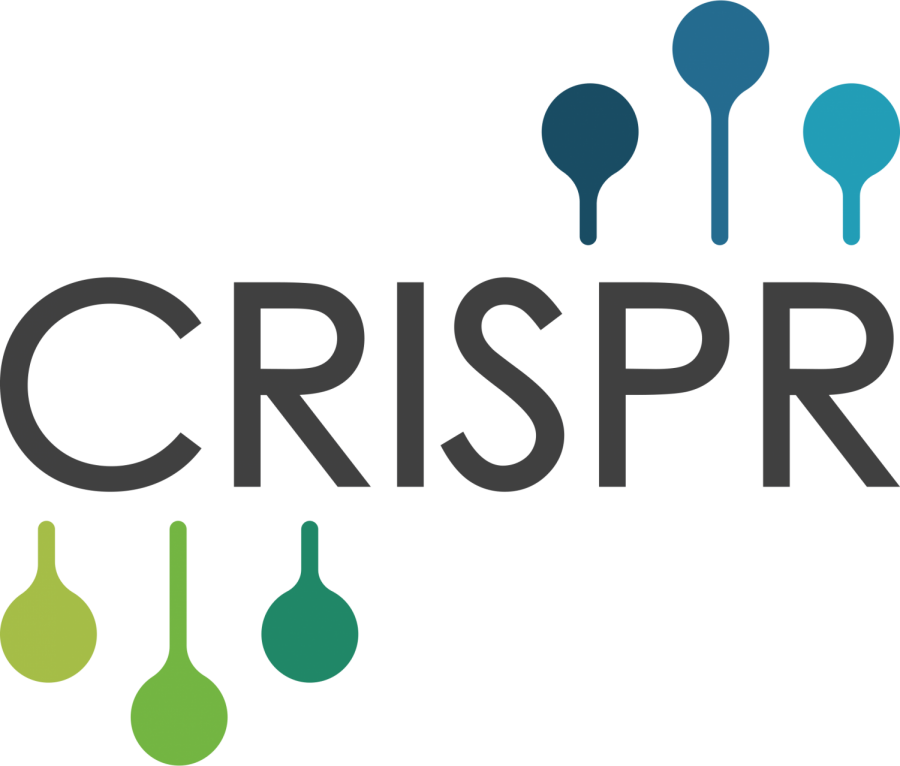Chinese Scientists Claims to Have Created the First Gene-Edited Babies
January 28, 2019
When do science and technology overstep the boundaries of morality? With the advent of CRISPR (“clusters of regularly interspaced short palindromic repeats”), which is a gene-editing tool used to change the genome of various organisms, the power of such a tool has come into question. CRISPR works like this; “Operationally, you design a stretch of 20 [nucleotide] base pairs that match a gene that you want to edit,” (George Church, professor of genetics at Harvard Medical School).
The controversy surrounding involves the ability of CRISPR to edit the human genome. A Chinese scientist, He Jiankui, has recently claimed to have used CRISPR to edit the genes of two twins, Lulu and Nana. Many renowned scientists have shared their take on these claims, expressing feelings of anger and disgust in response to the lack of ethics involved in human gene-editing. (via https://www.nytimes.com/2018/12/28/world/asia/he-jiankui-china-scientist-gene-editing.html.
In response to the controversy surrounding his work, Jiankui went into hiding, having a number of unidentified guards surrounding his house at all times. Whereas gene manipulation in somatic cells after birth have provided great benefits and higher rates of survival for babies born with defects, Jiankui’s work has taken it a step further. By manipulating the genes of the embryo prior to be implanted into the womb, the gene edits he has made will be passed down to further generations, thereby permanently altering the bloodline. In response to the recent events, various scientists and prominent members of the community have come together to discuss how to prevent events like this from occurring in the future, and how to put stronger regulations on the process of CRISPR.


